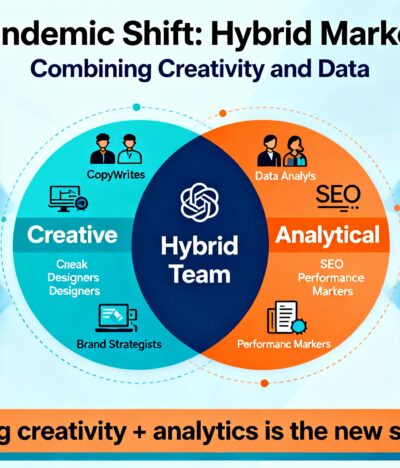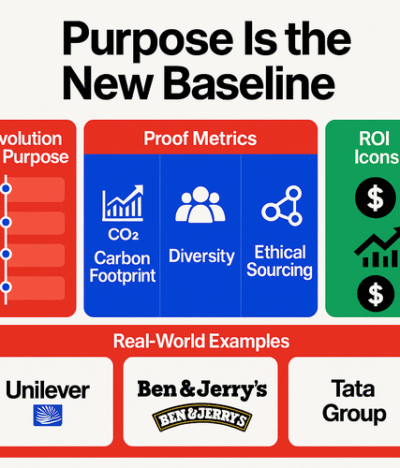As we move further in this era of technology, the social media marketing landscape evolves quickly. In order for their messages to get across effectively and be heard by the right people, companies have to lead. This article examines essential forecasts and ideas that will change the face of social media marketing; it acts as a guide for those intending to stay ahead in this field by positioning themselves strategically so that they remain competitive with relevant offers.
Rise of AI and Automation
Artificial intelligence (AI) is going to ramp up how social media marketers want to run their strategies. When bots are personalized within conversational commerce on social media platforms or when predictive analytics help with content creation through using AI, then automating these activities can make them more efficient while focusing better on audiences.
Video Dominance Continues
Videos will still be the order of the day. TikTok and Instagram Reels’ short clips will catch on forcing creators to come up with brief yet interesting content that hooks people immediately. In addition, we can expect live streams developing, generating fast conversations and realistic relationships.
Augmented Reality (AR) Integration
In the near future, the use of Augmented Reality (AR) to provide a more personalized and memorable user experience on social platforms will be inevitable. AR technology enables brands to produce immersive interactive encounters placing them directly before their audience. An AR-driven approach will be used by organizations when demonstrating product interactivity which makes it easy for people who might want to purchase them to see how such items will look within their household settings. It’s one way of setting themselves apart in such a competitive marketplace as it creates greater connections with customers at that point where others fail.
Privacy and Data Protection
Keeping user data safe will be the priority of social media platforms due to further emphasis on data protection. To bestow trust on their customers, brands must let it be known how they deal with data. This will require complete openness in collecting relevant info that is easily accessible and understandable by all parties concerned within such systems at all times as well as forthrightness when it comes to handling personal records without any sense of secrecy or hiding behind other terminologies or practices that do not sound straightforward. On the other hand, when they are honest and open about what they do with data, companies build trust relationships with customers thus increasing customer loyalty while avoiding cyber crimes through collaboration.
Personalization and Customer Experience
Customer interactions are going to be redefined by hyper-personalization. AI-driven insights will allow brands to distribute content and provide offers tailored to user behavior and preferences thereby nurturing closer relationships and fostering increased customer loyalty.
Conclusion
For competitiveness, it is essential to adopt these changing social media marketing strategies. Thus, integrating AI technology, taking advantage of video and AR possibilities, cherishing privacy, and preferring personalization will allow different companies to remain in line with various developments that are likely to occur in the future. Therefore, adaptability, as well as openness towards novel technologies, should always be considered due to their potential impact on what is deemed decent practice at various times according to specific target groups established by firms themselves or those imposed by regulators operating within them. Consequently, companies need to learn how things work so they can change their tactics whenever they seem relevant by using performance metrics to achieve stability.



